Edward Radulski
Birth : 1908-09-09, Hungenburg, Sweden
Death : 1975-07-10

A Scotland Yard officer investigates the mysterious disappearance of a series of corpses. Based on the novel by Stanislaw Lem.
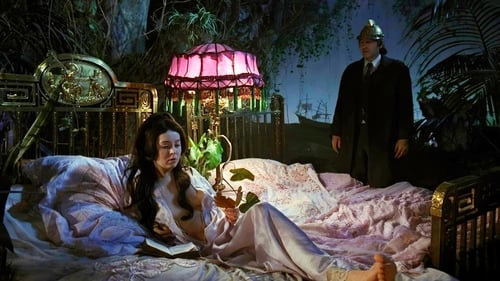
A young man named Josef visits a dilapidated Sanatorium to see his father Jakob. On his arrival, a sinister doctor informs him that his father had stopped breathing but hasn't died yet, perhaps due to Josef's arrival which may have halted time in the sanatorium. Josef undertakes a strange journey through the many rooms of the sanatorium, each which conjures worlds composed of his memories, dreams and nightmares.
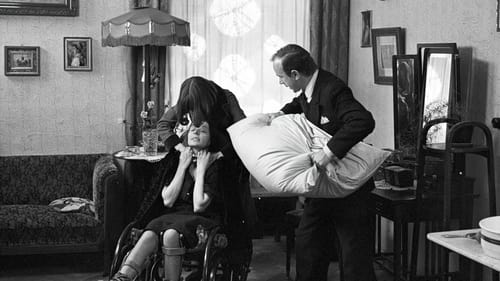
Edek, a reveller
Based on a pre-war murder case of the Malisz couple. They end up committing a petty robbery and a sordid murder. He is an illustrator who is not used by a climbing architect. His folks don't like his wife and keeping both of them around as they float from one petty job to another. They finally try to rob a mailman of a bogus money order they have cooked up and end up killing an old, invalid couple with whom they have roomed.

Man at Fair
Poetically shown story of love, passion, loyalty, betrayal of trust, and death.
Three young friends travel round Poland and do the living acting out religious scenes and selling holy photo images at church fairs. Problems appear right after the theft of their camera.
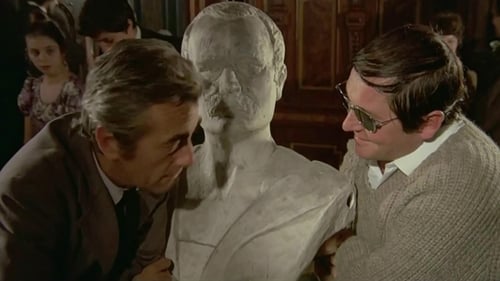
Barman
A middle-aged man sets out on a symbolic journey through past, present, and future to learn why an old friend committed suicide, and learns much about his own life along the way.

oficer na zabawie w Rzymie (nie występuje w napisach)
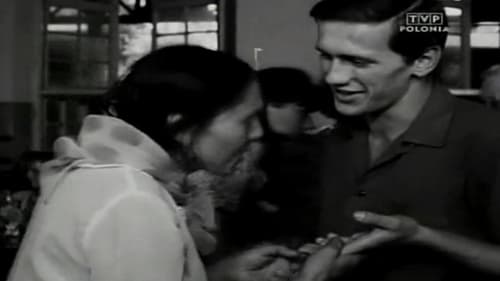
aktor Radulski na planie filmu; nie występuje w napisach
18 years old boy struggles to make decisions about his future.
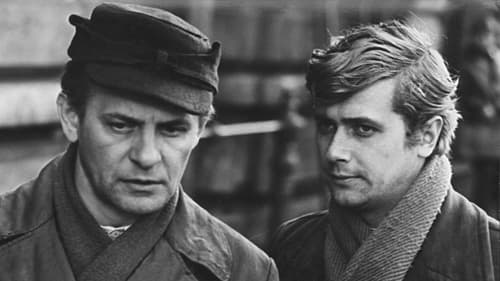
mężczyzna stojący w kolejce; nie występuje w napisach
WWII. Zyga, one of the Resistance soldiers in Kraków (Poland), is arrested by Gestapo. Soon later with new arrestings comes out that Germans must have received some new informations. Zyga is suspected to become an informator.

świadek Emil Zabłocki (nie występuje w napisach)
The 1937 trial of communist journalists, working for the same student magazine in Vilnius, is shown through the tragic life of the paper's young collaborator Julek Szulc.

The film opposes the view that childhood is the happiest time of our lives. Childhood dramas are deeply etched in memory and leave a permanent imprint on our consciousness. The Carousel Part I. Little boys from a small town want to take a ride on the carousel but they have no money. They push the carousel for hours. They hope that the owner will eventually give them a free ride. In the evening, however, they are already too tired to take up his offer. They are allowed a ride, but they refuse. The Fall of a Millionaire Part II. A ten-year-old boy wants to impress his friends. He is feeble and shy, but he has a piggy bank, which becomes the object of desire for his peers. He tells the other boys that he will soon buy a bicycle from the accumulated savings. When the bank is broken into pieces, the myth of the millionaire is shattered. There are only banknotes painted by the little dreamer. Joanna Piątek, Leksykon polskich filmów fabularnych, Warszawa 1996

Hooligan








